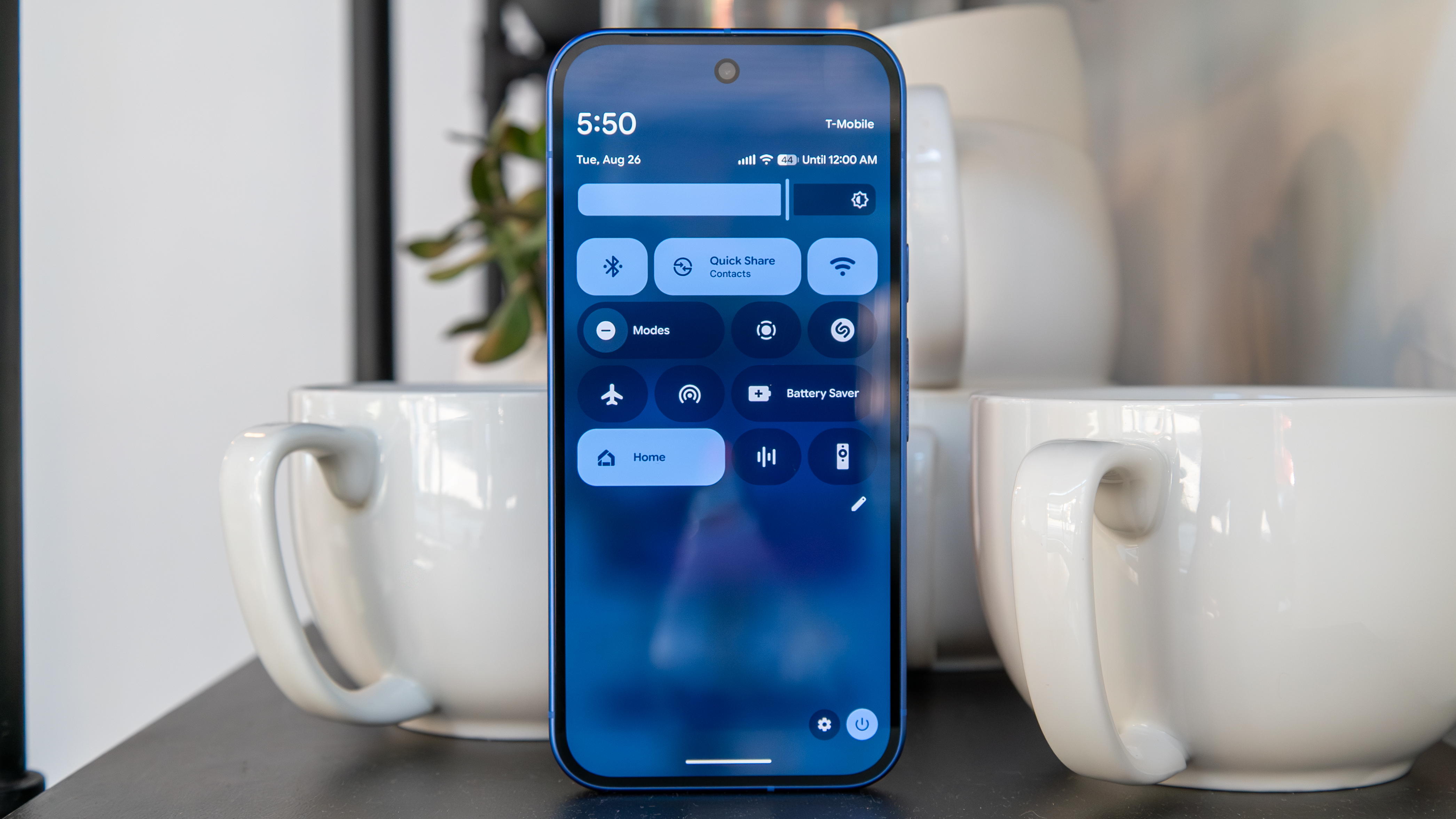Exclusive: How Google and Amazon are making your smart home truly intelligent
AI could be taking over your home, and it's not such a bad thing.
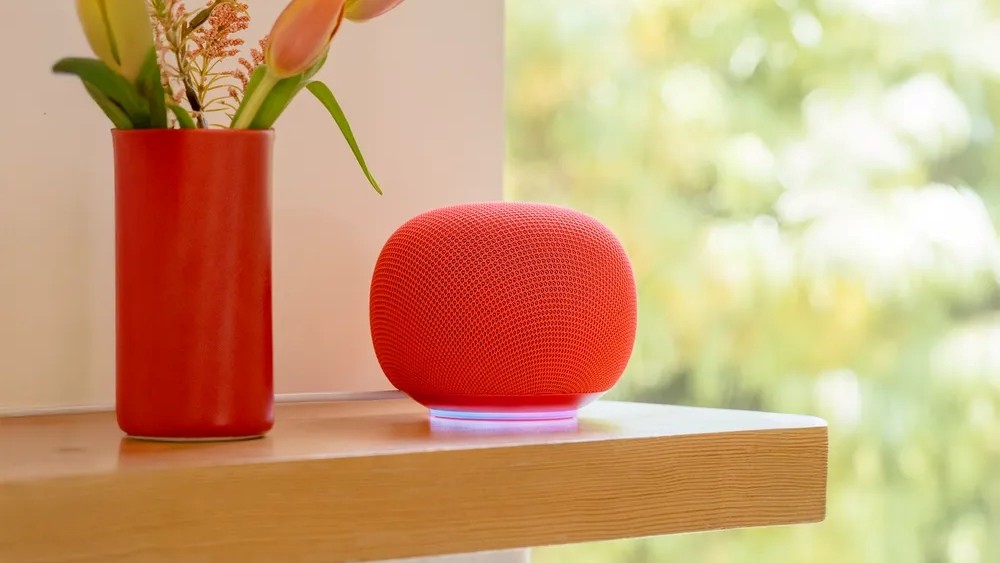
Enjoy our content? Make sure to set Android Central as a preferred source in Google Search, and find out why you should so that you can stay up-to-date on the latest news, reviews, features, and more.

This is an exclusive column featuring expert analysts from International Data Corporation (IDC), who provide insights into the latest products, news, and more.
The smart home is evolving from a collection of connected gadgets to a personalized, communal computing environment. With recent announcements from Google and Amazon, it’s clear that generative AI is the next big leap in making homes not just smart, but truly intelligent.
Both companies are rolling out AI-powered assistants—Gemini and Alexa Plus—that promise to make smart homes more intuitive, accessible, and fun. And while their approaches differ slightly, the end goal is the same: to make smart living a seamless part of everyday life.
Gemini and Alexa Plus: AI that understands your home
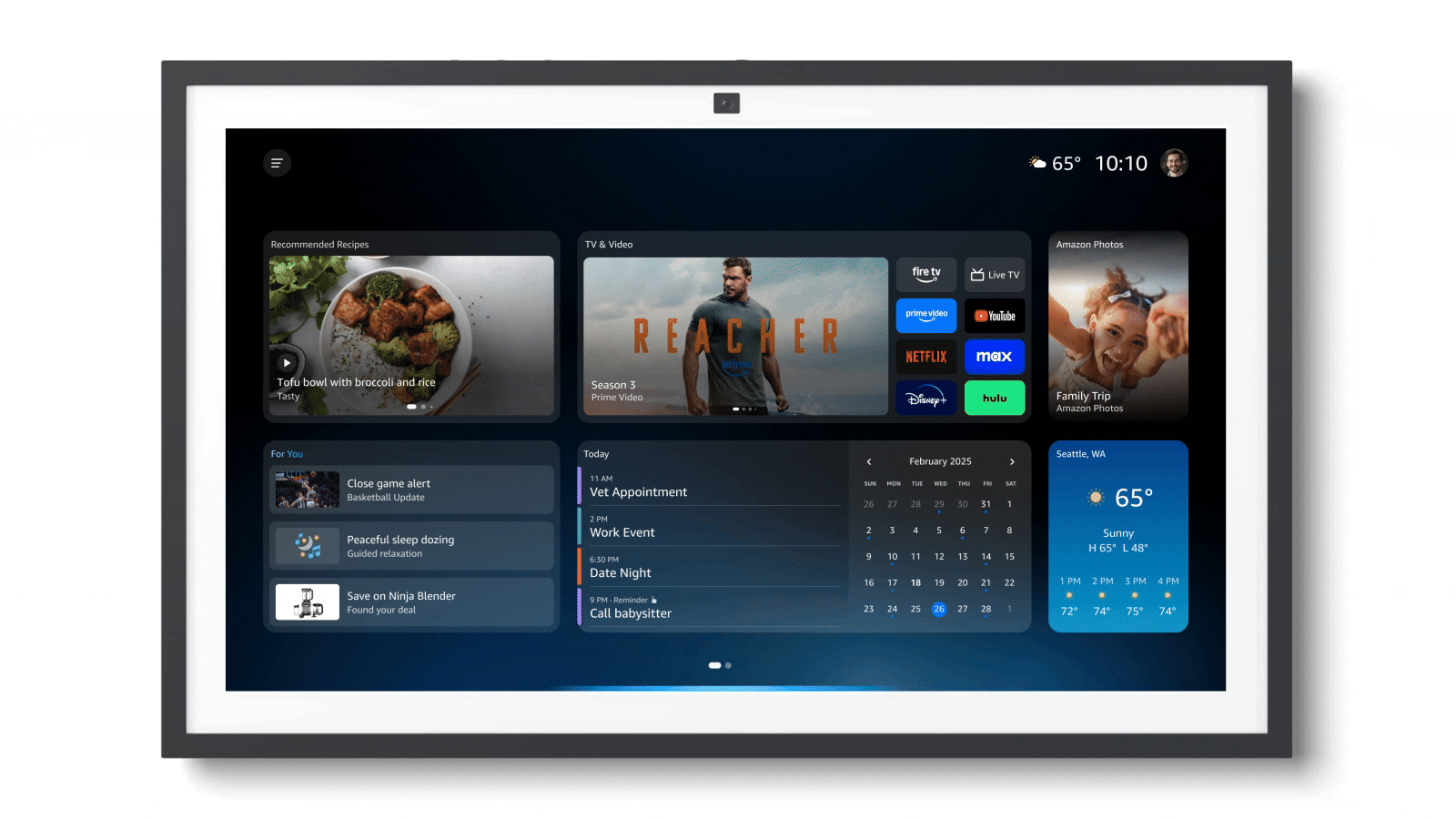
Google’s Gemini for Home and Amazon’s Alexa Plus go beyond basic voice commands. These assistants understand context, recognize individual family members, and help create automations just by talking.
Want the lights to dim when you start your bath? Just say it. Need a morning routine that plays your favorite playlist and starts the coffee maker? Ask your assistant. These AI systems are built to remove friction, allowing users to create personalized automations without needing to dive into apps or settings.
This shift makes smart homes communal. Everyone in the household can interact with the system in their own way, and the assistant adapts accordingly
Multimodal hardware: Seeing, hearing, sensing
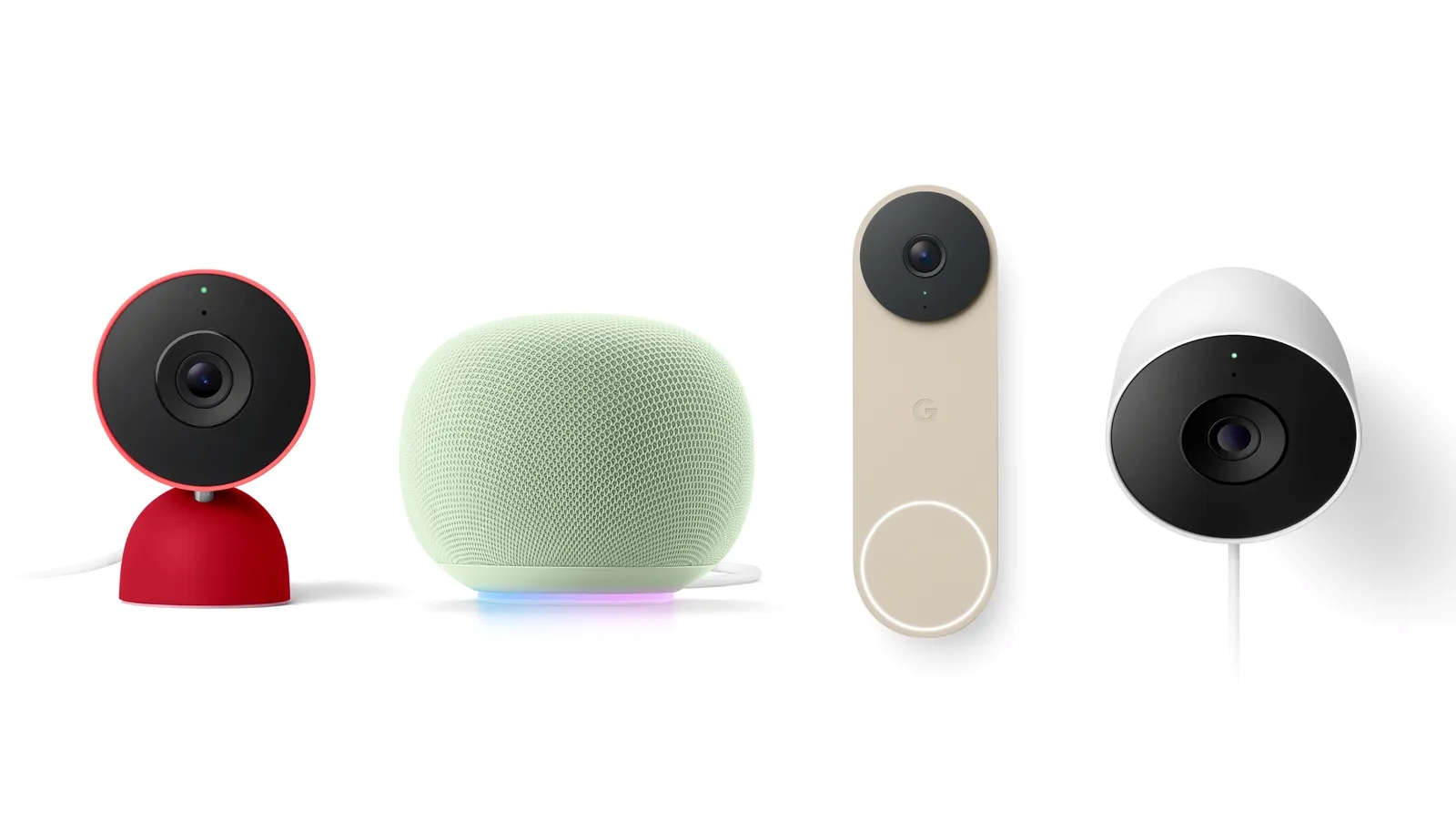
To support these smarter assistants, both companies are launching multimodal hardware devices that combine audio, video, and environmental sensing.
Google’s new Nest lineup includes 2K HDR cameras and a compact Gemini-powered speaker with ambient sensing. Amazon announced new smart speakers, smart displays, security cameras, and video doorbells. However, one of the headlining features, in addition to Alexa Plus support, is Omnisense, a feature that allows the latest Echo devices to offer presence detection while also taking advantage of third-party sensors.
Get the latest news from Android Central, your trusted companion in the world of Android
These devices aren’t just reactive—they’re proactive. They greet family members, adjust settings based on who’s home, and even anticipate needs. It’s a major step toward ambient computing, where the home responds naturally to its inhabitants
Scaling smart home adoption with AI
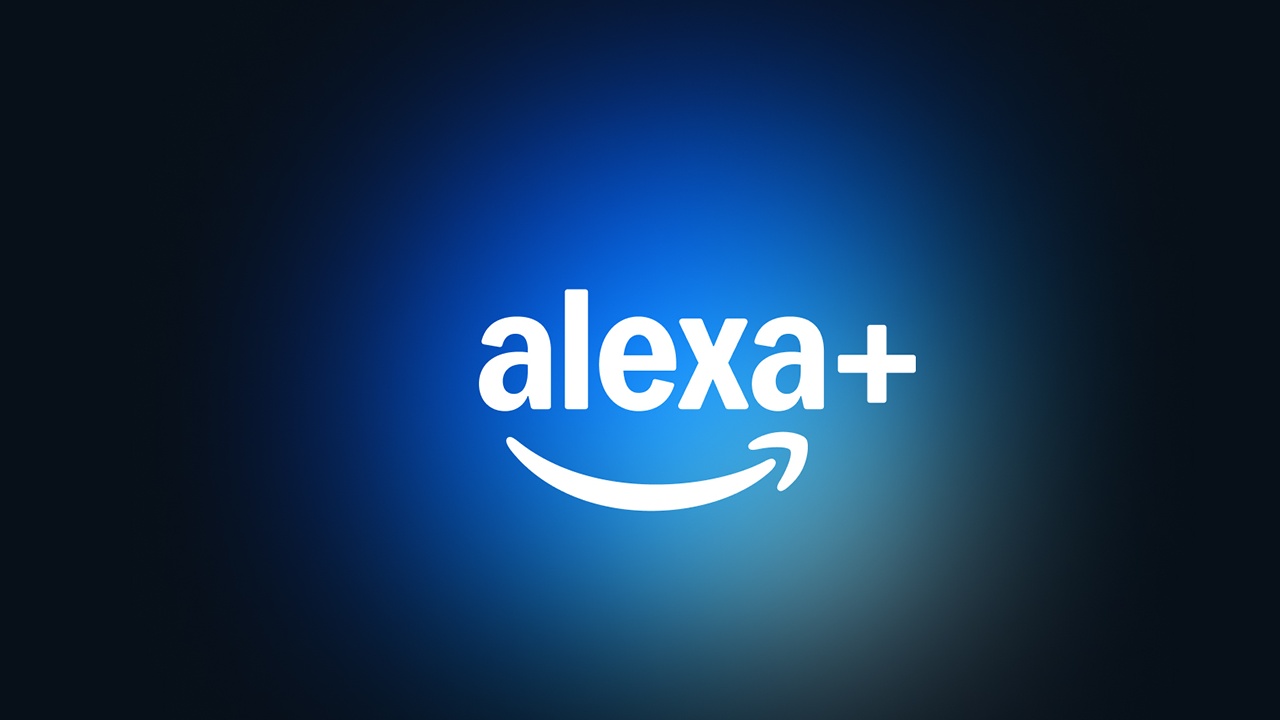
One of the most exciting developments is how AI is helping scale smart home adoption. Amazon revealed that users of Alexa Plus are adopting smart home features at twice the rate of classic Alexa users. That’s a huge leap, and it’s driven by AI’s ability to educate, guide, and assist.
Imagine asking your assistant, “How do I upgrade my light switch to a smart one?” Alexa Plus can walk you through the process, recommend compatible devices, and even suggest local electricians if you’re not comfortable doing it yourself. This kind of hands-on, conversational support lowers the barrier to entry and makes smart home upgrades feel less intimidating.
AI also helps users discover features they didn’t know existed. It can suggest automations based on your habits, recommend energy-saving routines, or help troubleshoot issues, all through natural conversation.
Amazon’s ecosystem advantage
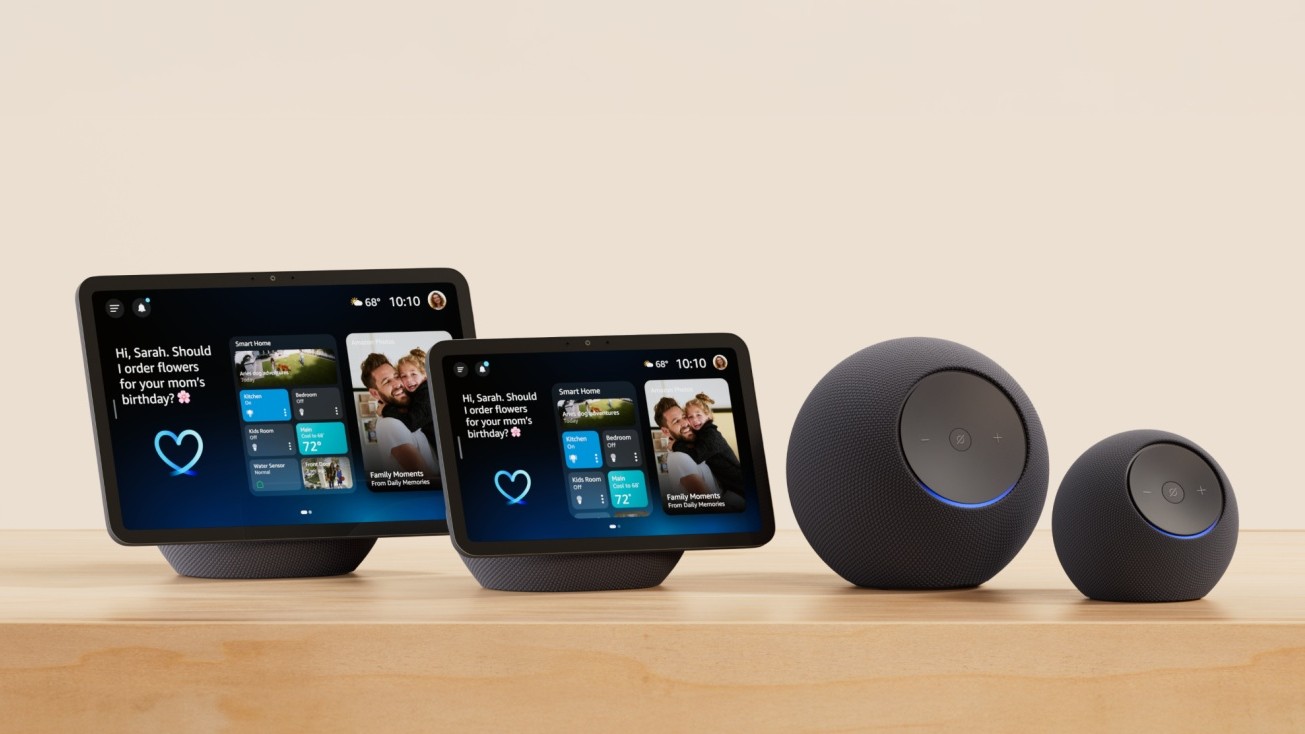
Amazon continues to lead in smart home adoption, thanks to its massive install base and third-party support. Alexa Plus builds on this by offering developers access to a new Alexa Plus Store, where services like Lyft, GrubHub, and TaskRabbit can integrate directly into the assistant.
The TV is a gateway into the smart home, and Amazon’s deep understanding of consumer shopping and media preferences gives it a unique edge. Alexa Plus can offer contextual recommendations, scene-specific search, and even control other devices through the TV interface.
Smart speakers play a similar role, acting as hubs for entertainment, communication, and automation. With surround sound pairing and ambient sensing, Amazon is turning these devices into central nodes of the connected home.
And let’s not forget Amazon’s partnership with Oura, which hints at a future where biometric data from wearables could drive smart home automations like adjusting lighting based on sleep cycles or triggering routines based on stress levels.
Google’s strength: Search, Android, and wearables
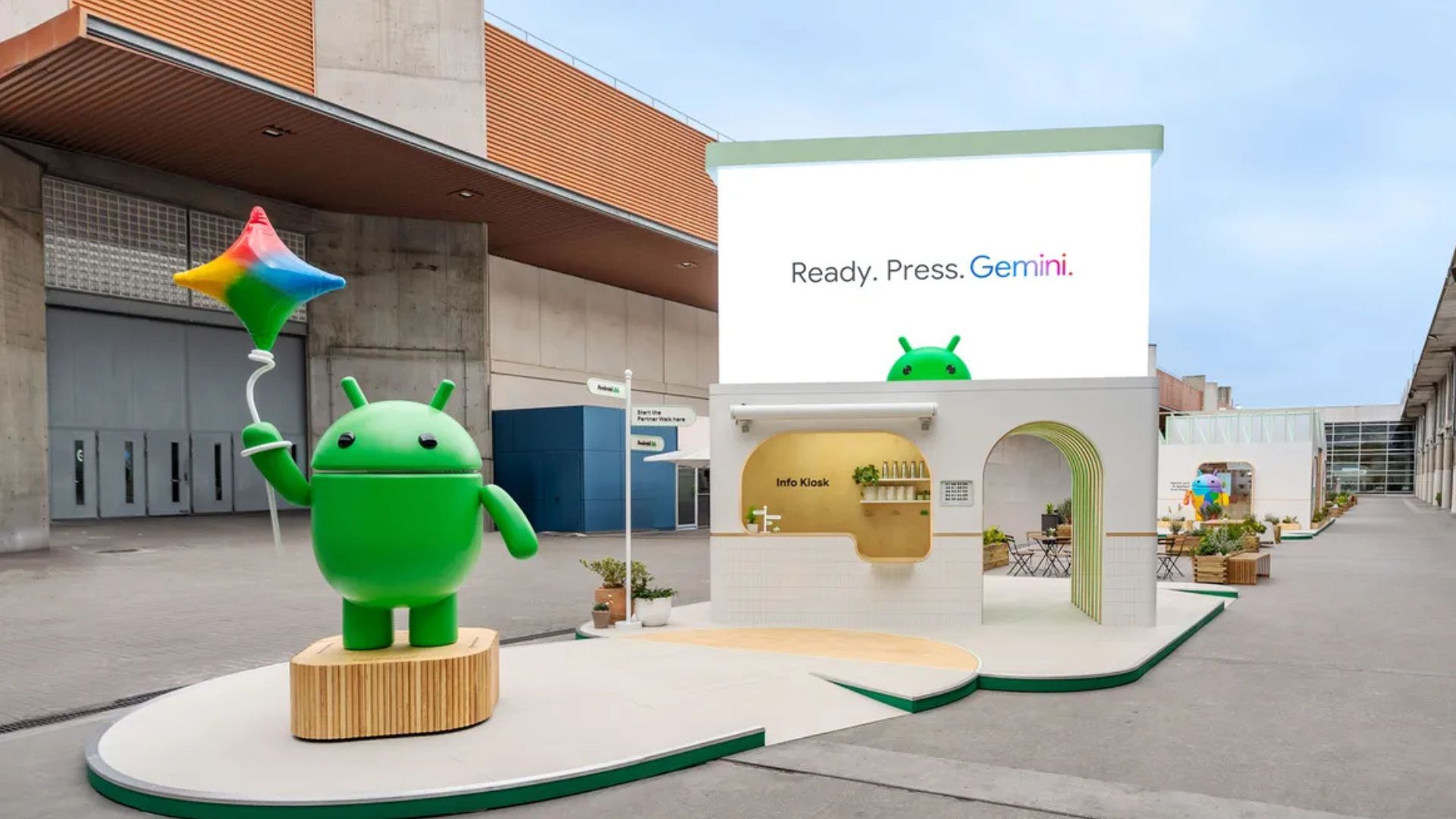
Google’s strength lies in its software ecosystem. Gemini is deeply integrated into Android smartphones, Google Search, and wearables like the Pixel Watch. This gives Google a unique advantage in contextual intelligence and cross-device continuity.
While wearables aren’t a major part of the smart home today, they’re poised to become essential. Google’s ecosystem is well-positioned to leverage biometric data, location awareness, and user habits to drive smarter automations.
Google’s partnership with Walmart also positions them to compete with Amazon’s Blink cameras, while gaining retail visibility and expanding their footprint in home security.
Market outlook: A mixed bag for growth
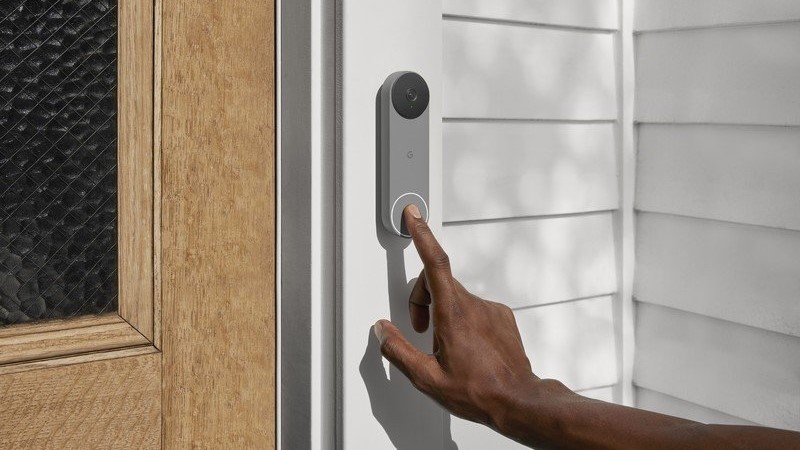
So, what does all this mean for the smart home market and consumers?
Despite the excitement, the short-term market outlook remains cautious. Many of the new AI features are coming to existing devices, which means the hardware market may not see a major uplift right away. In fact, global smart speaker and display shipments are forecasted to decline in 2025 and into the first half of 2026.
Cameras are expected to grow, but only modestly—around 3% in 2025, according to IDC. Macroeconomic pressures persist, and the installed base of smart home devices is already large, limiting the need for immediate upgrades.
However, the new features like AI-generated summaries of what went on around your home based on video analysis are likely to increase usage and engagement. If execution lives up to the promise, this could drive longer-term growth.
Additionally, both smart speakers and cameras are expected to see a rise in average selling price (ASP), as the most compelling features require newer, more capable hardware. This shift could help manufacturers offset volume declines while offering consumers more value.
What about Apple?
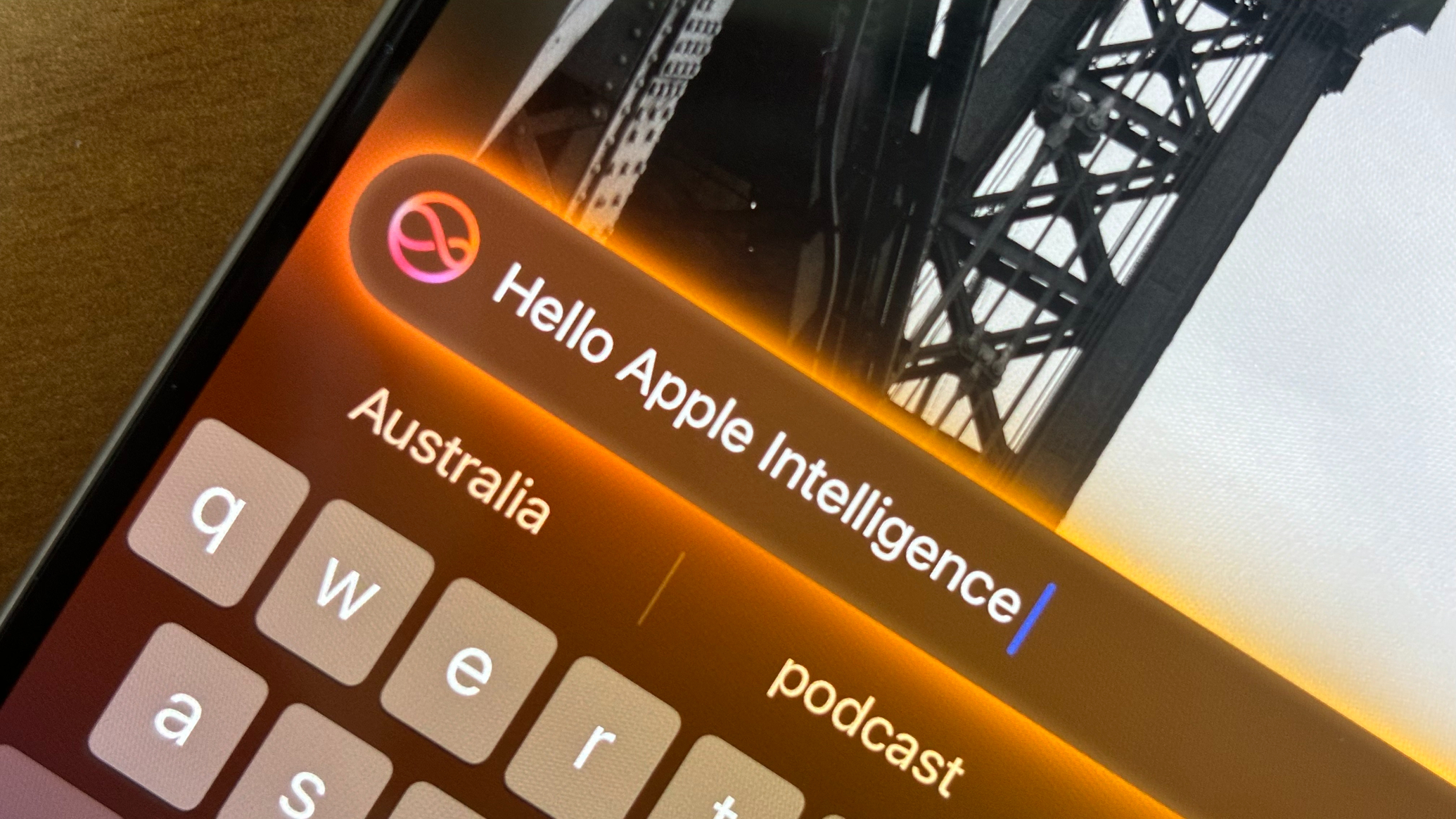
Apple has been relatively quiet on both the AI and smart home fronts. But history tells us not to count it out. Apple is the only one of the three major players with a strong presence in China, and it’s known for entering markets late but executing flawlessly.
Feedback from the supply chain suggests that Apple is at least testing a smart home display of some sort. The company is also in the process of a major revamp when it comes to Siri. If Apple can deliver on its promise of privacy-first, on-device intelligence, it could redefine what “smart” means in the home.
Final thoughts: A win for consumers
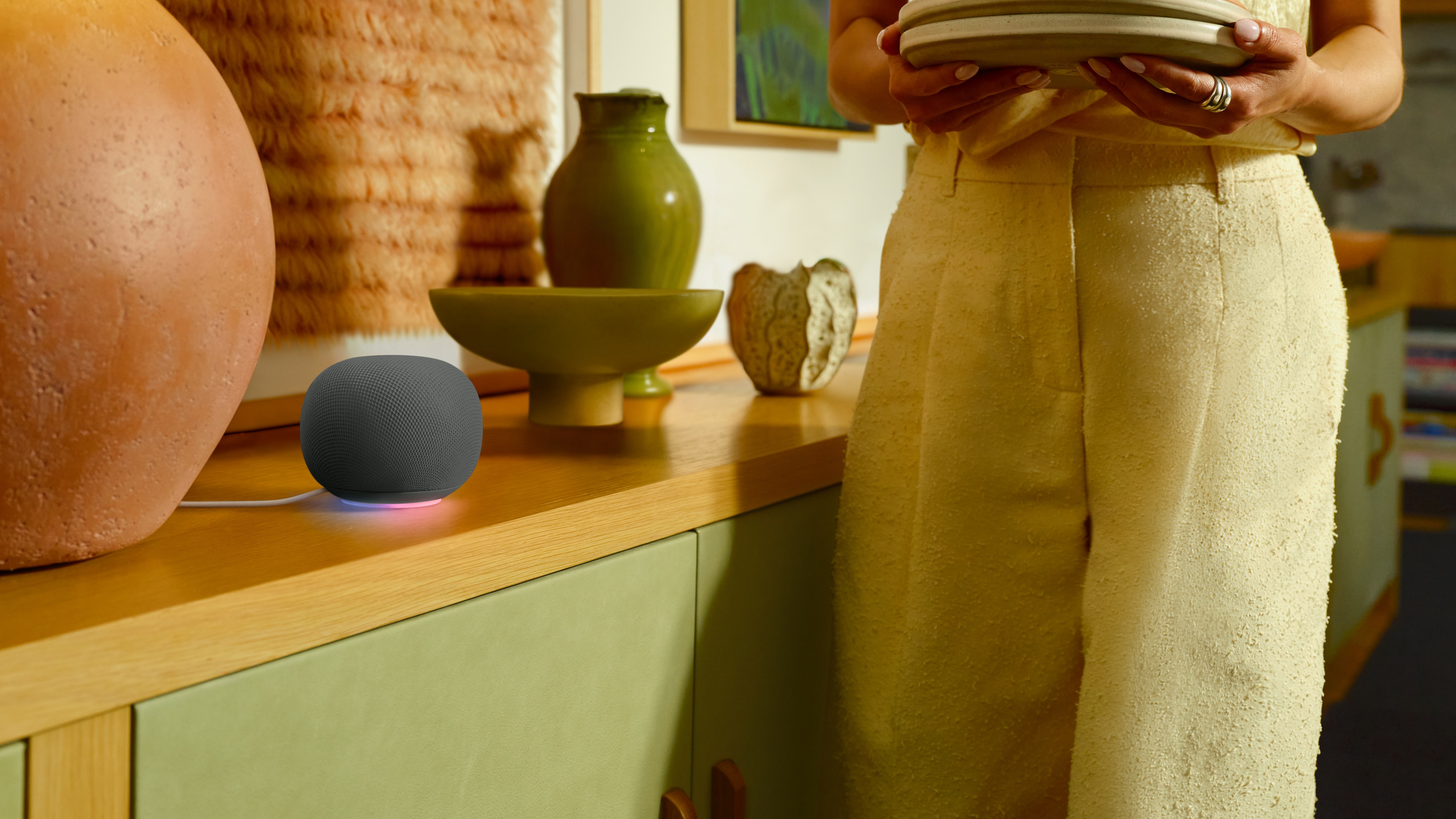
The competition between Google, Amazon, and Apple is heating up, and that’s great news for consumers. We’re seeing smarter assistants, better hardware, and more inclusive ecosystems. Whether you are team Alexa, team Gemini, or waiting for Apple’s next move, the future of the smart home is fun, personal, and deeply integrated into how we live.
So go ahead and ask your assistant to make a bedtime story, dim the lights, or find that scene in your favorite movie. The smart home isn’t just smart anymore. It’s intelligent, intuitive, and yours.

Jitesh is a Research Manager for the Worldwide Mobile Device Trackers, including Wearables, Augmented Reality (AR), Virtual Reality (VR), tablets, and phones.
You must confirm your public display name before commenting
Please logout and then login again, you will then be prompted to enter your display name.
